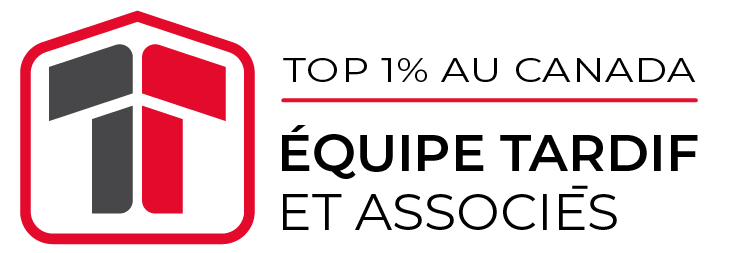Le cauchemar de tout acheteur ou vendeur : il manque l'un d'eux au notaire le jour tant attendu.
Condos and Share-Based Condominiums
Acquiring a property is an exciting adventure, as well as one of the most significant purchases in our lives. The traditional process of buying a property can be summarized in 7 steps:
INSTEAD OF BUYING BRICK AND MORTAR... BUY SHARES! Share-based condos and condominiums.
Everything you need to know about share-based condos and condominiums.
- Pre-qualify with your mortgage broker to determine your borrowing capacity.
- Establish property search criteria with your real estate agent based on the budget you have set.
- Visit properties to find the home of your dreams.
- Make a purchase offer and have it accepted by the sellers.
- Secure unconditional mortgage financing from the chosen financial institution and hire a building inspector to avoid any surprises.
- Sign the loan and sale agreements at the notary's office.
- Become a property owner.
Did you know that there is an alternative to this type of transaction? In recent years, the trend has been towards buying condos. Each year, numerous projects of this kind are being developed in the greater Montreal metropolitan area. Believe it or not, there is a demand for condos! They are often more affordable than single-family homes and require less maintenance. No need to mow the lawn, collect leaves, or worry about snow removal. In this type of acquisition, the owner is responsible for property taxes, mortgage payments, and a portion of the condo fees based on the unit's size. Here, we are talking about divided co-ownership. In the case of undivided co-ownership, co-owners jointly own the entire building in proportion to their share. Thus, there is only one property tax account for the entire building, rather than separate accounts for each floor or unit as in divided co-ownership.
However, all owners can have individual conventional mortgages linked to their unit, but these mortgages must be financed by the same branch of the same financial institution. Note that not all lenders finance this type of transaction, so it is advisable to consult your mortgage or real estate broker to fully understand undivided co-ownership.
"In the case of undivided co-ownership, co-owners jointly own the entire building in proportion to their share." Besides these types of co-ownership, there are also properties known as "share-based" properties. In this case, a corporation becomes the sole owner of the entire building, and shares are issued based on the size of the individual units. In other words, a 950 square feet condo corresponds to 950 shares. Although shares do not represent tangible assets like bricks, share buyers obtain exclusive rights to use their condo, but they are not the actual owners of the property in the strictest sense. Just like in divided co-ownership, "owners" have condominium fees and taxes based on the number of shares they hold. However, only the company that owns the building is billed by the municipality and school board for taxes related to the entire property. In turn, the company invoices shareholders based on their proportionate share. Moreover, no co-ownership agreement is registered in the land registry, which avoids legal fees. As the share-based condo does not have a condominium association, only the company administrators are responsible for managing the building. Farewell to annual co-owners' meetings! In the event of selling shares, the seller cannot be held liable for hidden defects since they were never the actual owner of the condo.
"Farewell to annual co-owners' meetings! In the event of selling shares, the seller cannot be held liable for hidden defects since they were never the actual owner of the condo."
While this type of co-ownership may be appealing in many aspects, the inventory of buildings with a share-based legal structure is limited in the Quebec market. These types of co-ownership are mainly found in downtown Montreal and the western part of the city. Additionally, it is not possible to finance this type of transaction through conventional or insured mortgages since it is not a typical real estate transaction where the creditor can register a lien on the property. The latest information suggests that HSBC offers a program for this type of purchase. Before embarking on the process of purchasing a share-based property, I recommend discussing it with a specialist in the field to fully understand the advantages and disadvantages involved.
The next time someone talks to you about buying a condo without actually owning it, and with a share certificate, you'll know it's possible!











